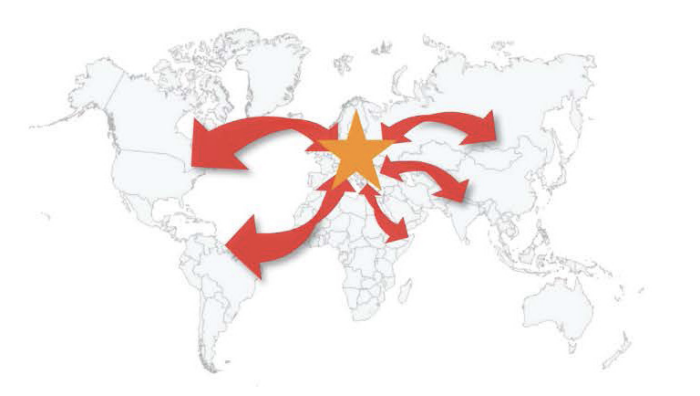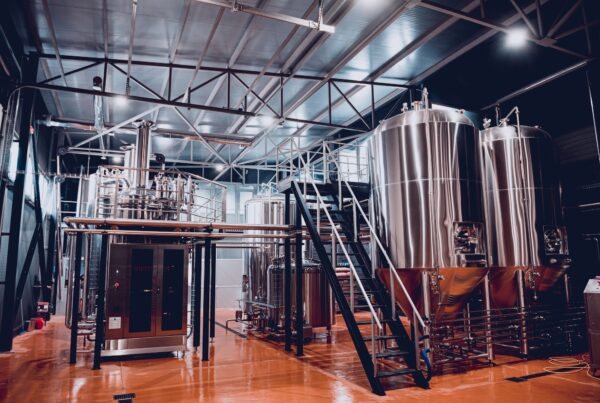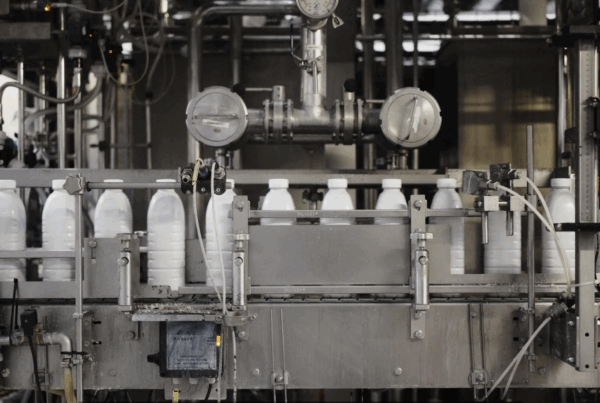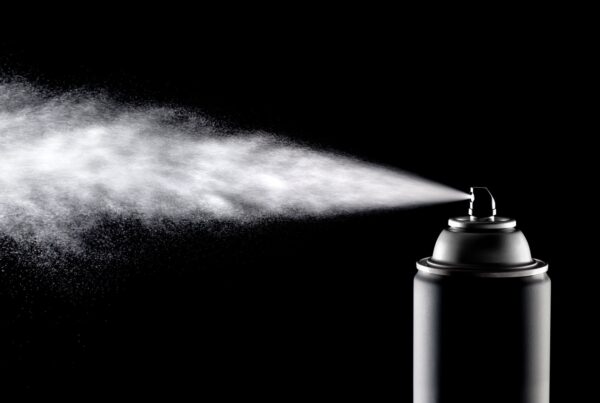Perfluoropolyether (PFPE)-based lubricants, including PTFE Chemours Krytox™ thickened oils and greases, are widely used and essential products for the world’s largest industries, such as automotive, aerospace, industrial machinery and semiconductor.
Krytox™ lubricants have a wide range of applications requiring performance at extremely high or low temperatures, longevity, oxygen compatibility and resistance to aggressive chemicals.

PFAS universal restriction proposal from ECHA
The European Chemicals Agency (ECHA) has proposed to regulate poly- and perfluoroalkyl substances (PFAS) as one large group of chemicals in the EU based on their structural characteristics.
The authorities justify the restriction of the entire PFAS group by focusing on persistence as a common property.
Although the proposal includes some temporary exemptions, they are limited and focused on very specific sectors and applications.
Chemours’ position
Industry is requesting an unrestricted exemption for the production and use of fluoropolymers and perfluoropolyethers (PFPEs), specific classes of PFASs with a unique combination, in designated applications with responsible life cycle management.
A general ban on PFASs, including PFPE-based lubricants such as Krytox™ Performance Lubricants, would significantly affect European companies and industries that depend on these critical substances, such as:
Implications for the semiconductor industry
Semiconductor manufacturing relies on different types of fluoropolymers and PFPE-based oils and greases to produce machines and chemical delivery systems.
Without fluoropolymers and PFPEs, the entire European supply chain would cease operations, leading to economic losses of €63.4 billion, and Europe would lose its 10 percent share of the global semiconductor chip market, failing the goals of the EU CHIPS Act.
Currently, PFAS-free lubricants are not viable as substitutes, and the development of new lubricants will take many years and significant financial and human resources.
Impact on aerospace, space exploration and defense sector
Krytox™ lubricants were developed in the 1960s for the high-performance lubrication needs of the aerospace industry and have become the standard for fuel and oxidant resistant aerospace greases.
The aerospace and defense industry depends on PFPE- and PTFE-based lubricants for critical applications with no suitable alternatives on the market.
Banning these lubricants would pose a serious risk to human safety, security, and innovation.
Absence of viable alternatives to PFPE and PFPE/PTFE lubricants.
Although some chemistries may offer similar performance to Krytox™ lubricants for a particular performance parameter, it is the unique combination of properties that distinguishes PFPE lubricants and makes them vital to the sectors and industries they serve.
As it will take years or decades to develop alternatives, the phase-out of PFPE lubricants will result in a significant gap in innovation capabilities, products, and industries.
The performance attributes of PFPE Lubricants are many:
- Durability
- Efficiency
- Reliability
- Stability
- Fire resistance
- Temperature resistance and stability
- Chemical inertia
- Material compatibility
- Oxygen compatibility
- Mechanical stability
- Responsible Production
Responsible manufacturing is a requirement for the sustainable production of fluoropolymers and PFPEs.
Manufacturers comply with a wide range of requirements and regulations to manage the life cycle of fluoropolymers, including:
- Capture, recovery and recycling efforts during production and processing
- Realization of more durable products as a form of emission control
- Recovery and recycling of end-of-life fluoropolymers where possible
- Existing regulations for waste management
The impact of regulation could be not only regional but global, affecting companies beyond those directly involved in PFAS production.
Regulation aims to restrict the production, use, and marketing of PFAS, affecting not only PFAS producers but also downstream uses of fluoropolymers.
Chemours is committed to managing PFAS compounds in its production processes responsibly, with the goal of eliminating at least 99 percent of PFAS emissions to air and water by 2030.




